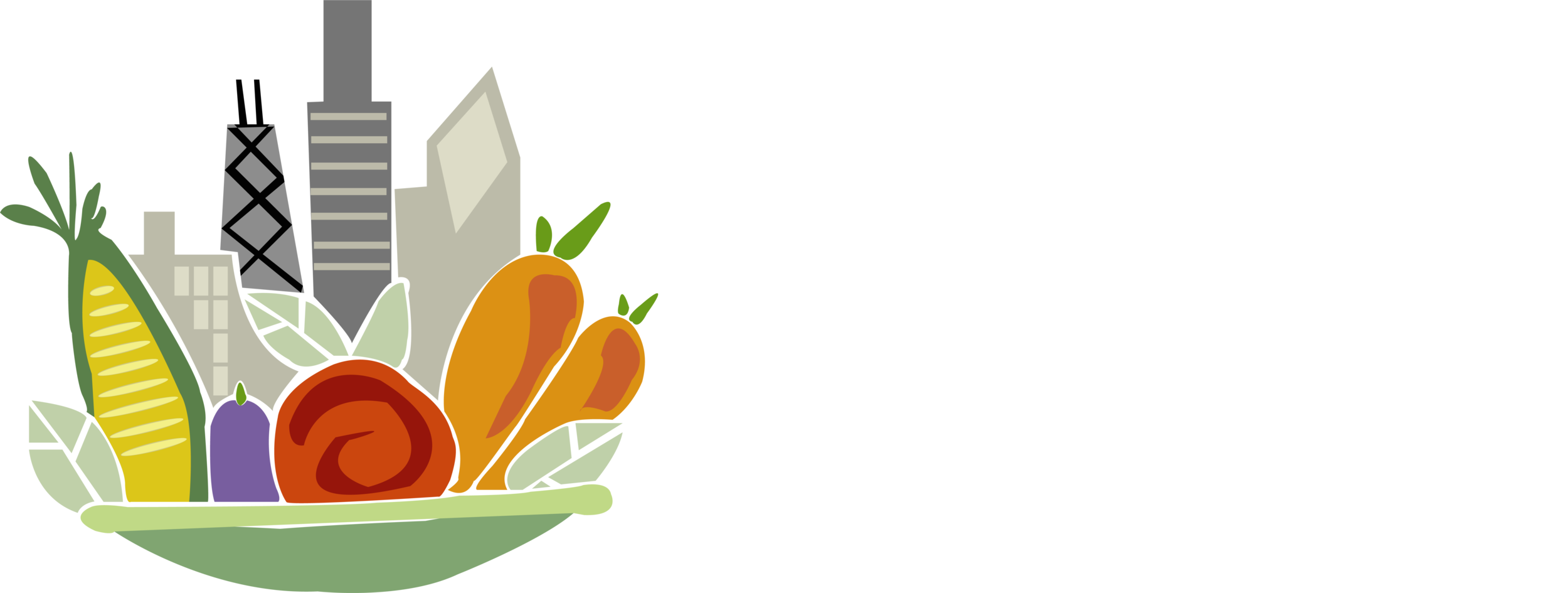Mother Carr’s Farm: An Initiative of the Health Policy Institute
The Health Policy Institute of Chicago (“HPI”) aims to address the social determinants of health as it relates to the Black community they serve through research, organic farming, economic empowerment, intergenerational programming, emergency food distribution, and by re-orienting our collective relationship with food systems. In 2012, Mother Carr‘s Farm started on one acre of land in Lynwood, producing over 2,000 pounds of pesticide-free produce. For ten growing seasons, HPI has been supporting Mother Carr’s Farm and has grown to employ over nine community members and produce over 15,000 pounds of produce annually.
Mission
To maintain a sustainable, pesticide-free farm that provides healthy food options, employment, and education for the benefit of the community.
Vision
As part of a collaboration led by Black doctors, farmers, veterans, congressmen, and clergy, to work towards combating the effects of historical racial injustice on our community in the food and health systems.
Service
Connecting the community with the environment through fresh local produce, education and economic empowerment. This relationship with the community gives youth the opportunity to connect with the land and learn the trade of agriculture.
“Food is the primary vaccination against chronic illness.”
Microgrant Program Impact
Throughout the program, produce donations were provided through the Nellie’s Cupboard food pantry, reaching the communities of Chicago Heights, Lynwood, and South Holland. Produce grown this season included cabbage, bell peppers, eggplant, collards, tomatoes, kale, honey, mustards, turnips, beet squash, and assorted herbs. A variety of nutrition education content was developed as well, including HPI’s Restart for Health programming, the facilitation of men’s groups to discuss heart-related illnesses and misconceptions due to sensitive health issues, and appearances on local radio and television programs. HPI also partnered with School District 205 to launch their first urban agriculture educational program, supplemented by building garden beds for experiential learning in large groups.
Special Thanks to Photographer Blake Bonaparte (@ayeee_itsblake), Brittany Wright of Yo’ Little Business, Southland Development Authority, Real Foods Collective, and UI Extension - Local Food Systems & Small Farms Team.
This program is supported by the Centers of Disease Control and Prevention of the U.S. Department of Health and Human Services (HHS) as part of a financial assistance award totaling $25,214,437 to the Cook County Department of Public Health with 100 percent funded by CDC/HHS. The contents are those of the author(s) and do not necessarily represent the official view of, nor an endorsement by, CDC/HHS, or the U.S. Government.





